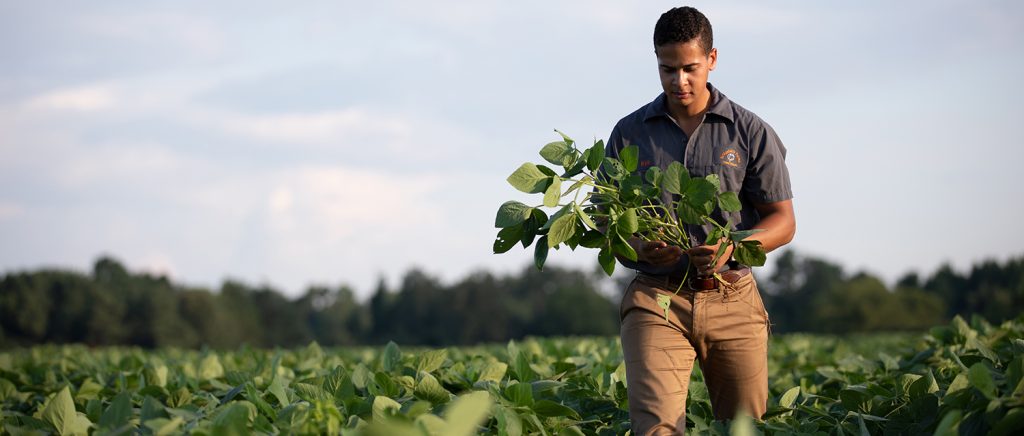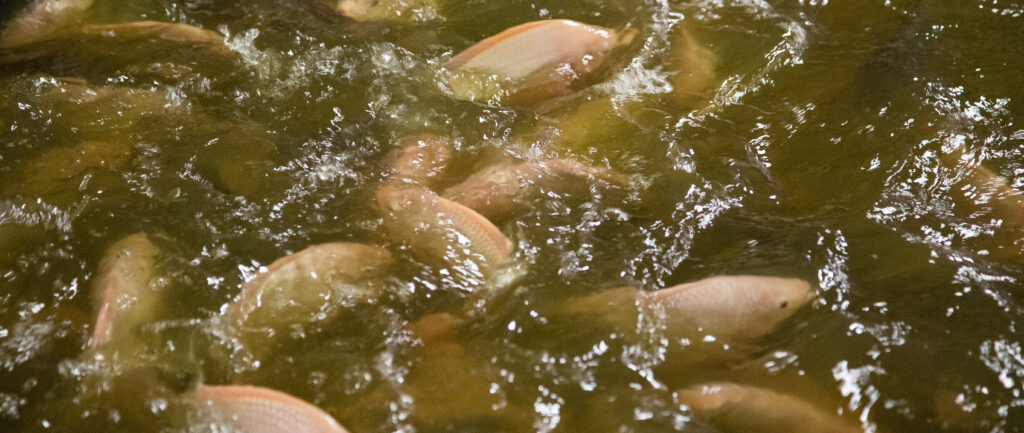Business opportunities explored with change in policy
Minnesota farmers had a seat at the table Wednesday at a White House Business Council meeting on trade opportunities that may become available with the recent change in Cuba policy.
The Minnesota Soybean Research and Promotion Council (MSR&PC) and the Minnesota Turkey Growers Association were among the groups invited from business sectors that included agriculture, energy, hospitality and communications.
Even with the trade embargo in place, U.S. agriculture exports have been allowed to Cuba under the Trade Sanctions Reform and Export Enhancement Act. Earlier this year, the Obama administration announced new regulations designed to make it easier for U.S. companies to do business in Cuba.
“It was a positive exchange of ideas, and I believe Cuba represents an emerging market for Minnesota agriculture,” said Paul Simonsen, MSR&PC board member. Simonsen visited Cuba in December with officials from the U.S. Department of Agriculture (USDA).
According to the USDA Foreign Agriculture Service, U.S. agricultural exports to Cuba totaled $300 million in fiscal year 2014. U.S. soybean meal shipments were the second-largest category behind poultry meat, totaling $75 million in FY 2014. Together poultry and soybean meal accounted for nearly 75 percent of all U.S. agricultural exports to Cuba,
“With increased U.S. tourism in Cuba, I believe there could be tremendous potential for Minnesota soybean farmers, possibly an additional market for specialty soybeans or soybean oil,” said Simonsen.
While in Washington D.C., Simonsen also met with Senator Amy Klobuchar (D-MN) and Representative Tom Emmer (R-MN) to discuss trade relations with Cuba. Klobuchar and Rep. Emmer have been leading the effort in Congress to lift the trade embargo. For more on Simonsen’s meeting with Klobuchar and Emmer, read the full Star Tribune story here.
Soybeans are a $3.1 billion industry in Minnesota, with agriculture being the second largest employer in the state.





